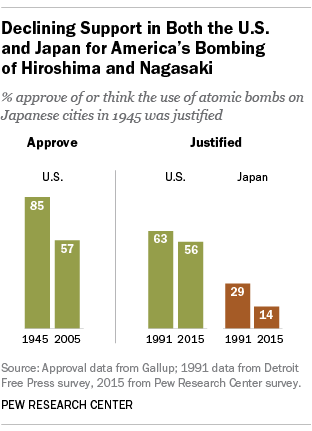Different strokes for different folks, eh!
I am sure that I will use during this academic year the example of the sushi robot; too bad if a student will not understand and appreciate its significance.
Sushi, which I have never even tasted, has been one of my favorite examples when discussing the geographic diffusion of culture. Now, keep in mind that food is not merely cultural but has market value too. Sushi can now be found in practically every grocery store in the US. In the store next to mine, there is a sushi table where two chefs can be found rolling the sushi.
Sushi is not "native" to this land; it came from elsewhere. Like how the chicken tikka masala is not native to the UK. We live in an exciting world of awesome food possibilities. Sushi, when first introduced in the US, was not a hit. American consumers gasped at the very idea of raw fish. And then Breakfast Club happened. The rest, as they say, is history.
The making of sushi, too, has been automated.
Suzumo Machinery Co.’s robots are used by about 70,000 customers around the world, ranging from sushi chains to factories, and account for about 70 percent of the market for the equipment at restaurants, according to Suzumo’s estimates. Kaiten sushi, also known as conveyor-belt sushi, has become a $6 billion industry in Japan alone, partly thanks to Suzuki’s invention.So much of what we eat these days is a result of machines doing the work. A while ago, I watched a video in which a creative Indian had mechanized most of the vadai making. I am not sure if that became a hit in India. But, it is only a matter of time before vadais become products of full automation, after which a few restaurants will advertise "traditional, hand-made" vadais.
Cheap sushi “couldn’t have happened without our machines,” says Ikuya Oneda, who succeeded Suzuki as Suzumo president in 2004, a year before the founder died, and took over his life’s work. “You can certainly say that.”
Of course, sushi robots were met with resistance in Japan.
In 1976, sushi was still largely a food for special occasions. It was mostly sold through a legion of small restaurants, where artisan chefs dispensed morsels with no price tags and charged how they saw fit.We humans hate change. We are wired to be conservatives. That is how we survived in the wild. But then we humans are also quick to adapt to changes--once we see the benefits of change.
Not surprisingly, those chefs were up in arms when they heard about Suzumo’s plan. In their view, it took 10 years to train someone to make sushi. No machine could possibly do the job.
Suzumo stuck with the task, and two years later the sushi chefs finally said the machine was usable. In 1981, the company completed its first robot, which formed sushi rice into balls called nigiri. These days, it offers 28 different sushi machines.And, thus, the conveyer-belt sushi that we have seen, where people point to which box they want. Further, in a market system, customers know what they want, especially if the price is right:
“What they’ve done is allow kaiten restaurants to democratize and make good Japanese food affordable and accessible,” says Robin Rowland, chairman and chief executive officer of Yo!, a U.K. sushi chain with almost 100 restaurants globally.
Already, about three-quarters of Japanese people say that when they eat sushi, it’s from a conveyor belt, according to a survey published by fishery company Maruha Nichiro Corp. in March. Almost half of them choose which restaurant based on price.I tell ya, whether students find all these to be awesome or shitty, I have a great time understanding this fascinating world through my preferred framework.














